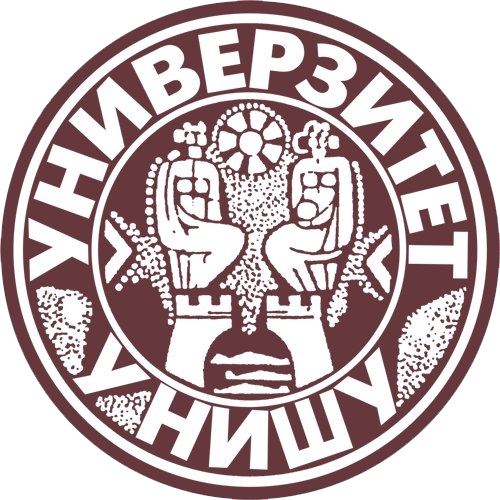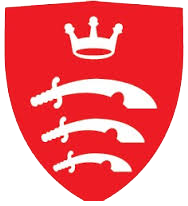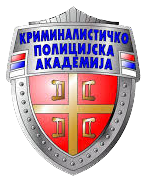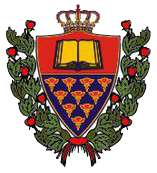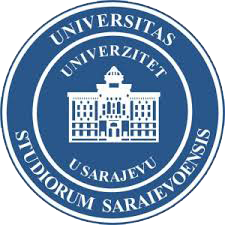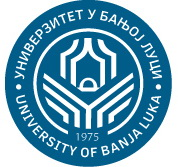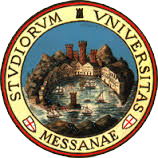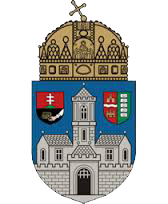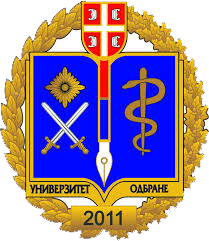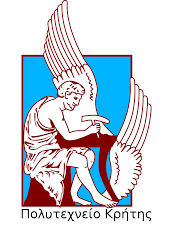WELCOME TO THE OFFICIAL WEB SITE OF ERASMUS+ NatRisk PROJECT
This is the official web site of Erasmus+ Capacity building in Higher Education project, titled:
Development of master curricula for natural disasters risk management in Western Balkan countries (NatRisk)
Contract number 573806-EPP-1-2016-1-RS-EPPKA2-CBHE-JP.
© Free Joomla! 3 Modules- by VinaGecko.com
Disclaimer
This project has been funded with support from the European Commission.
This publication reflects the views only of the author, and the Commission cannot be held responsible for any use which may be made of the information contained therein.















